A Single Test to Determine Your Future
The Effects of the CSAT (수능) on Korean High Schoolers
March 6, 2023
The teacher’s voice fades, your eyelids droop, and your head nods. “Not in my class! Heads up! Stand up, and get some water.” This is a common experience for most kids in school, but you see it rather too often in Korea. We generally consider students that fall asleep in class as lazy, irresponsible, and inattentive. However, these teens shouldn’t be the ones we point fingers at. Society is to blame.
After the COVID-19 pandemic, colleges around the world took off their rose-colored glasses regarding standardized tests. Instead, the focus shifted from academic qualifications and numeric values to the applicants’ additional dispositions, such as extracurricular activities, advanced placement classes, and household or communal responsibilities.
Most except Korean schools, that is. Our education system remains heavily reliant on standardized assessments – especially the CSAT (College Scholastic Ability Test), commonly known as Suneung (수능). Higher scores on this infamous exam directly correlate to a supposed better future.
So why do Korean universities consider CSAT and GPA more than anything else? The primary culprit is, in fact, academic corruption. High officials bribe colleges and teachers for feigned records on extracurricular activities, excellent recommendation letters, and flawless resumes, hindering colleges from adopting an alternate system. Naturally, we must find a solution to this situation before change can take place.
As the modern era enters the Fourth Industrial Revolution, problem-solving, interpersonal skills, emotional intelligence, critical thinking, creativity, and other non-calculable characteristics prove to become more and more essential.
Meanwhile, Suneung scores only rank and categorize students based on how well they have memorized a textbook (or more like a fat stack of workbooks per one of the eight subjects they have to learn). This overly-methodical system segregates students into groups of biased ranks, in which only the top scorers get into SKY: Seoul National University, Korea University, and Yonsei University.
The hyper-dependence on CSAT scores hampers the nation’s development; we never seem to catch up with global changes. Universities should start to consider individuals’ strengths and expertise in a broad scope of fields, instead of using a single test score to judge a student’s entire personality and ability. After all, college education should provide an individualized environment for growth and professionalism, not impede change by giving labels.
Students in Korea undoubtedly wilt under the pressure of having their lifetime decided by the results of a single day. With a happiness grade of 6.6, Korea has the lowest score out of all the OECD countries. High schoolers sleep 5.8 hours on average – much less than the recommended 8-10 hours a day.
Many of them believe that a utopian life awaits after the tough high school years, but sadly, reality chooses to differ. Unsatisfactory Suneung results lead a handful of students to take multiple gap years, waiting for the annual exam to make its return in hopes of improved grades. Even with scores that are considered “high enough”, adolescents end up burned out after realizing how much more lies out there, and what they’ve been missing out on.
High reliance on the CSAT not only affects the mental health of young adults but also prevents participation in extracurricular activities and expansion in areas of specialized strengths. As a result, many students find themselves without a specific vision of their future. Some even report that they even started losing interest in subjects they used to enjoy.
As we advance into the next generation, society should spotlight individual potential rather than press young minds into bigoted standards. Our education system must adopt a new perspective on teenage development for a brighter vision. In fact, even the founder of CSAT, Professor Park Do-sun, believes that the Suneung system should be repealed. He said, “The purpose of education is to enlighten each individual’s potential and nurture them individually.”

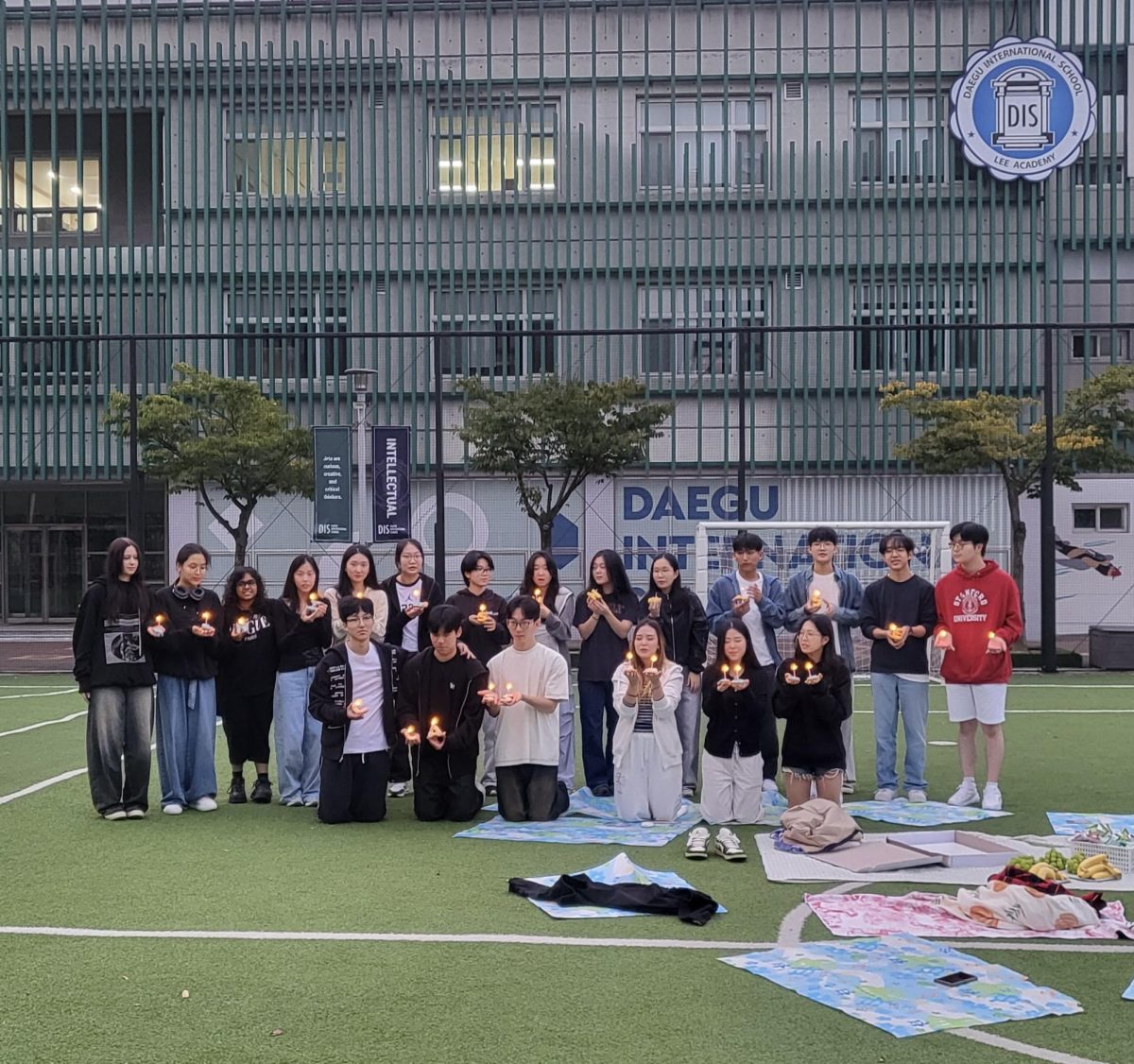
















































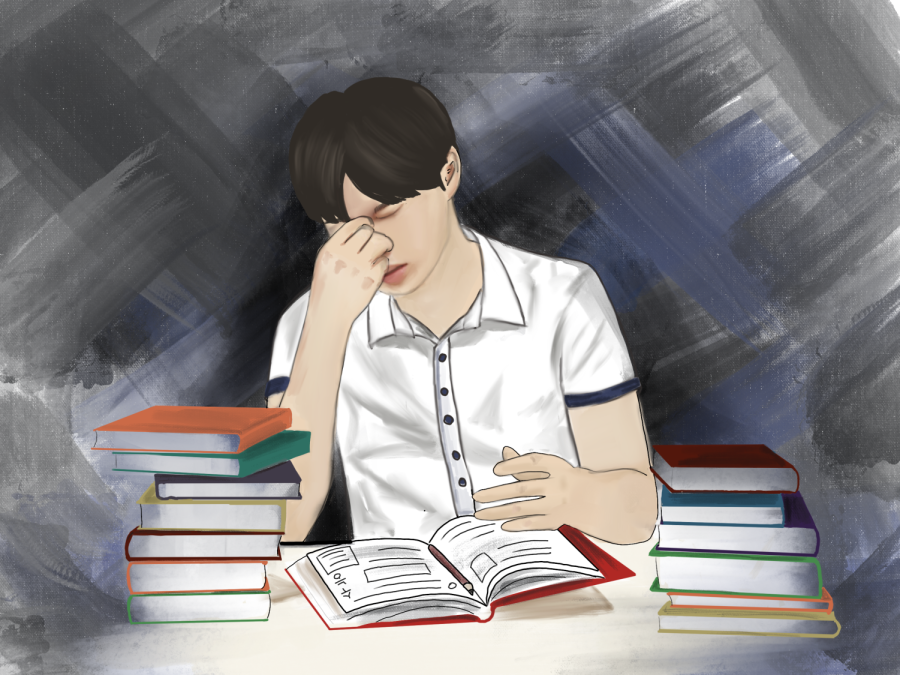
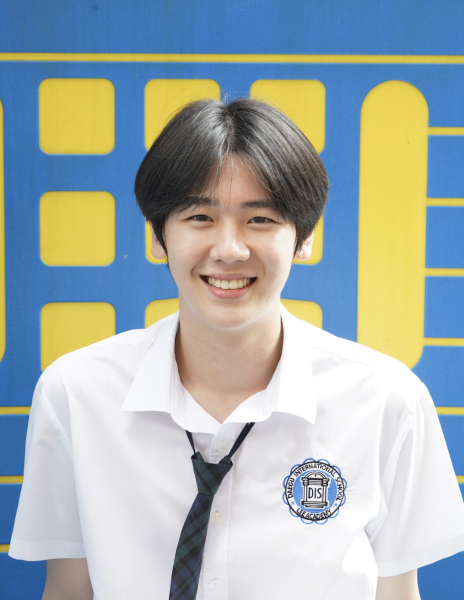
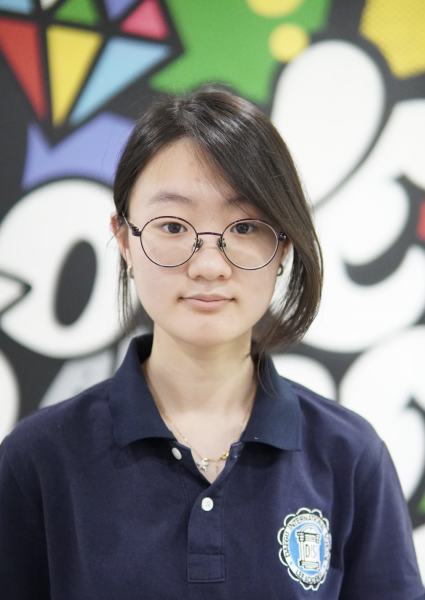

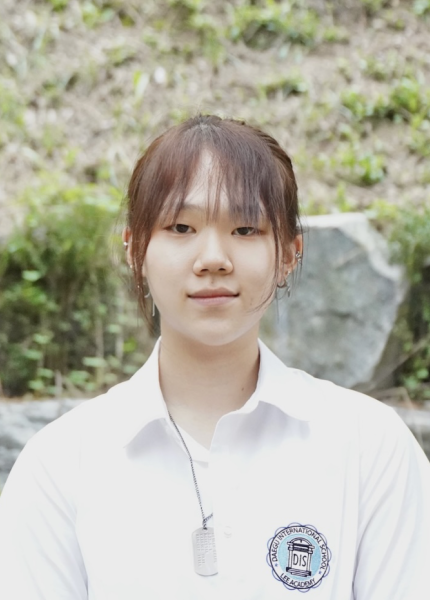
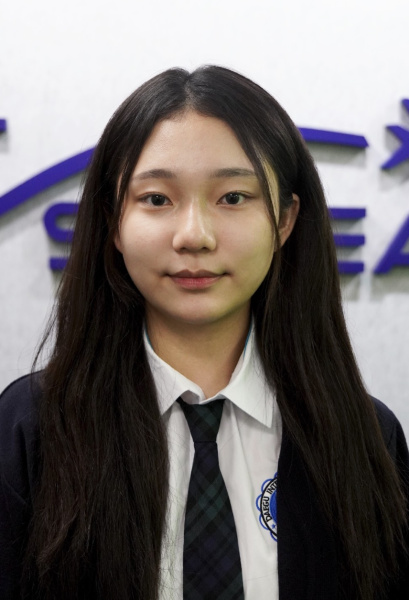
Kevin • Apr 20, 2023 at 7:39 pm
Update: Many colleges in the U.S made even the SAT optional, and they view the student’s GPA instead. I think South Korean schools should also look at the regular scorees of students over all 3 high school years, not just for one test.
Kevin • Mar 9, 2023 at 6:29 pm
I think Korea’s college acceptance should be more like the U.S by seeing other aspects of the students other than studies. For example, students should participate in exercise, art/music and social services and generosity, as well as studying, of course. The 수능 should be one of the traits, not the only trait for college acceptance. There might be people who have high 수능 scores but are not suitable for society.